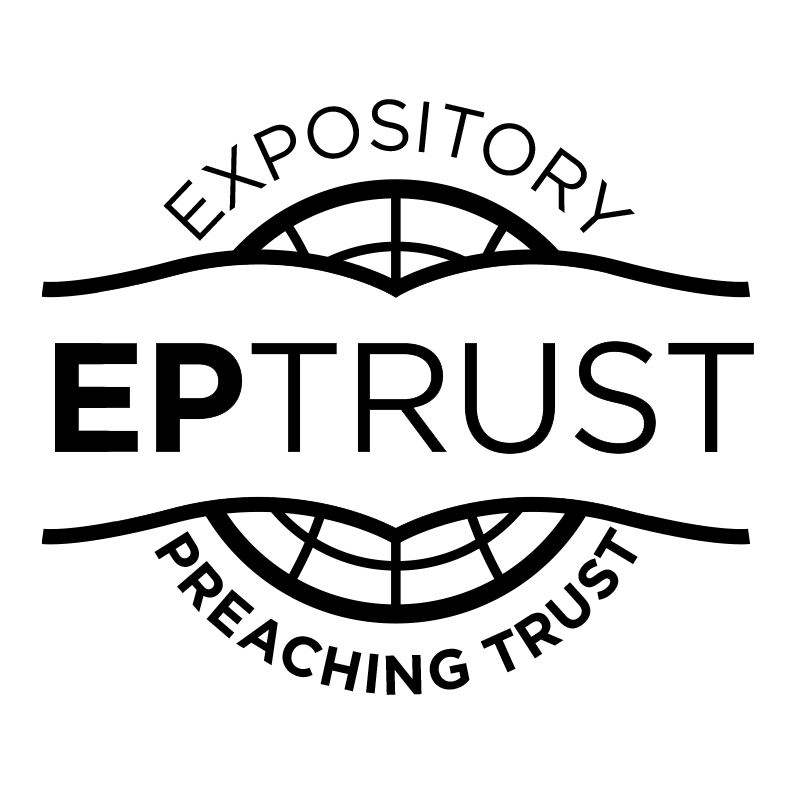Having won the NRL Premiership for the second successive time in 2019, the Coach of the victorious Roosters, Trent Robinson, was asked what he would do to win three in a row in 2020.
The coach responded that he would do nothing differently because 2020 would be different, different schedule of matches, injuries and weather conditions. The prize, he said, would go to the team which adapted best to change.
None of us could have anticipated then, how different 2020 would be to 2019.
None of us can predict with certainty what a day will bring but God knows and orders all things and, a Bible reading in the morning may become exactly the word from God we need to hear for that particular day. That is why we need to pay more respect to the random nature of the book of Proverbs.
There are three ways to preach the book of Proverbs:
1. Preach the chapters which have a discernible structure, generally chapters 1 to 9 fit this category, but there are clumps of proverbs which follow a line of argument, 15:13-17; 27:1-4; 31:1-9 and 31:10-31 are like this.
2. Preach the themes of Proverbs, Derek Kidner in his Tyndale commentary on Proverbs clumps together Proverbs around the themes of God and man; wisdom; the fool; the sluggard; the friend; words; the family; life and death.
Kidner’s commentary is full of gems, for example, writing on the ministry of grandparents in chapter 4 v:1-9, he says, ‘the linking of three generations demonstrates how a love of the best things, will be transmitted mainly by personal influence, along the channels of affection‘.
Preaching themes can be an effective way of covering Proverbs but it does not do justice to the miscellaneous randomness of the book, and it does not recognise that life is not lived according to themes, but there is a randomness to life matching the randomness of the book.
Preaching themes involves a lot of flipping from one proverb to another.
3. Preach the random chapters, you will find it is hard to discern one big idea for each chapter. The chapters 10 to 31 contain about 700 Proverbs. However the randomness of these chapters does not mean that this section is a disorganised rabble.
The name Solomon, the primary author of Proverbs, in Hebrew lettering totals 350. There are precisely 350 Proverbs from 10:1 to 22:16. Then 22:17 to 24:34 are the 30 sayings of the wise referred to in 22:20.
Chapters 25 to 29 contain the Proverbs of Solomon, translated two hundred years later by the men of Hezekiah’s reign. It is a good question to ask why would these particular Proverbs be chosen by men in this godly king’s reign (2Kings 18-20)?
Chapter 30 the fascinating sayings of Agur.
Chapter 31 the superb Oracle of King Lemuel’s mother, ending the book with a focus on the godly woman of wisdom.
In the Hebrew canon Proverbs is followed by Ruth, the narrative story of such a godly wise woman.
A couple of hints for preaching these random chapters:
1. The Word Biblical commentary by Roland Murphy has a section on ‘form structure setting‘, which is helpful in getting a handle on these chapters.
2. Break the chapter into five chunks, one for each day of the week and let the church hear you devotionally read the chapter.
Take as an example 22:1-16.
Day 1.
Monday. 22:1-4. An emphasis on the value of character and the common dignity of humanity. Verse 4 stresses a right conviction about God, fear him, and a right conviction about yourself, humility, is a Siamese twin.
Day 2.
Tuesday. 22:5-6. There are always two paths, keep yourself, v.5, and do everything possible to keep the next generation, v.6, on the right path.
Day 3.
Wednesday. 22:7-9. Today’s theme is wealth, gather it honestly, v.8, share it generously, v.9.
Day 4.
Thursday. 22:10-14. Hear the words of the mocker, the king’s friend, the traitor, the sluggard and the adulteress.
Day 5.
Friday. 22:15-16. The 349th and 350th proverb of the section.
V.15, the reality of the human condition: in God’s image, but with Adam’s imprint.
Another reality, v.16, take from the have nots what they don’t have, in order to bribe the haves with what they already have, then you will soon be a have not! Every greedy scheme will ultimately come to nothing.
Especially note that wisdom is apparent in our words and our wealth management.
Also note v.6, is a reminder that wisdom does not give ironclad promises but rather makes generalisations. A child raised responsibly will usually turn out to be a responsible citizen, but not invariably so. There are no grounds here for guilt or gloating on the part of parents.
And note that the person of God is central throughout these verses.
God’s wisdom does not change from Old to New Testaments.
Wisdom teaches us how to harmonise with reality.
The essence of reality is the Lord, we harmonise with him by reverencing him.
In the new Testament the great reality is the cross of Christ. The cross is the key to understanding Jesus, Jesus the key to understanding God, God the key to understanding life!
The key to God’s wisdom is the cross.
The fool is the person who lives as though the cross never happened.
The truly wise are those who understand the cross as their own,(Galatians 2:20), living life as one who died and who lives by faith ‘in the one who loved me and gave his life for me’.
As I write Trent Robinson‘s team is doing very well as he successfully adapts to changing conditions. The Roosters are fourth on the ladder of 16 teams, but have been badly affected by injuries.
Go the Roosters!
David Cook.


